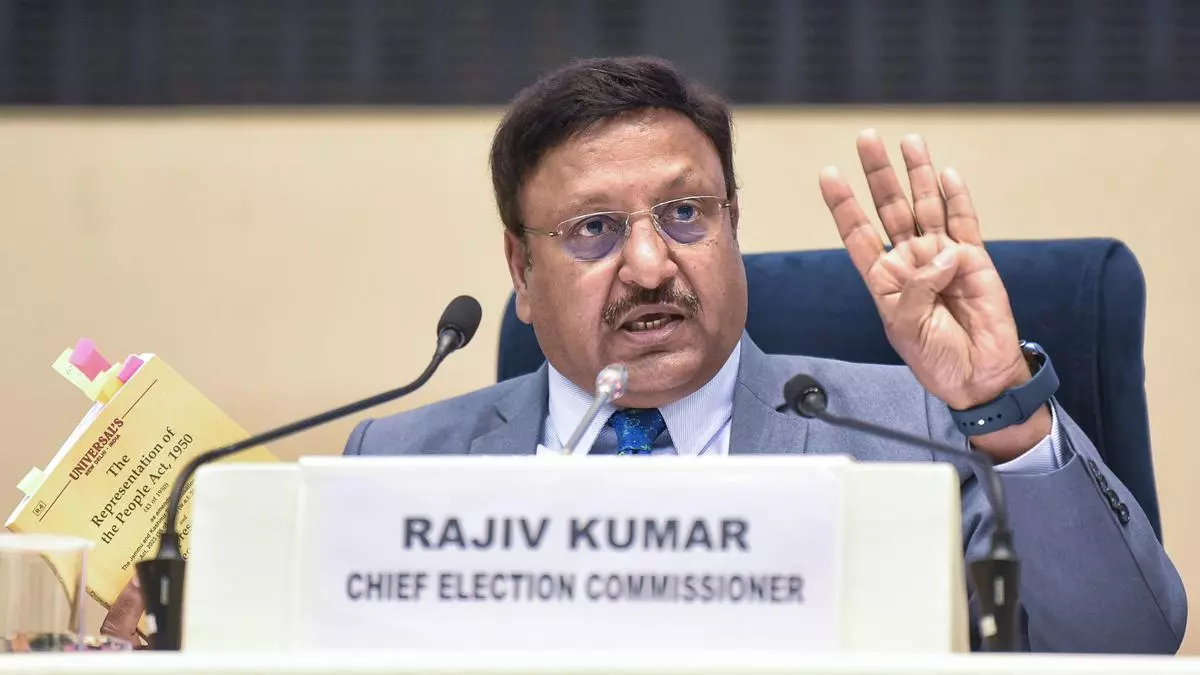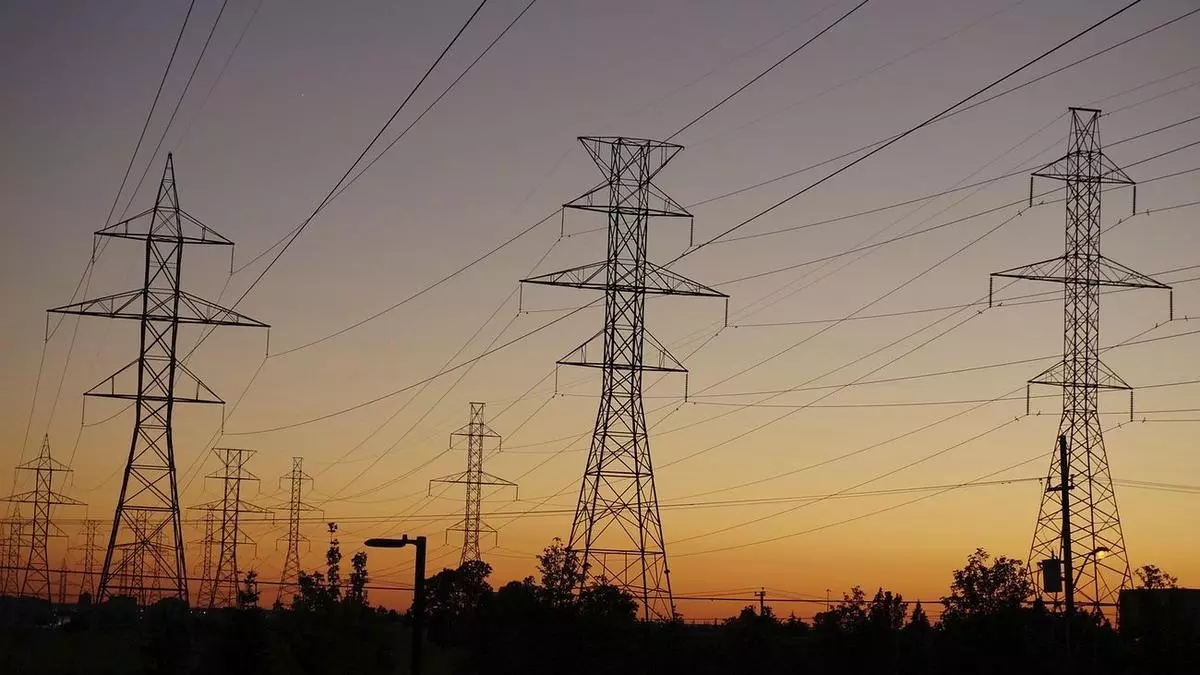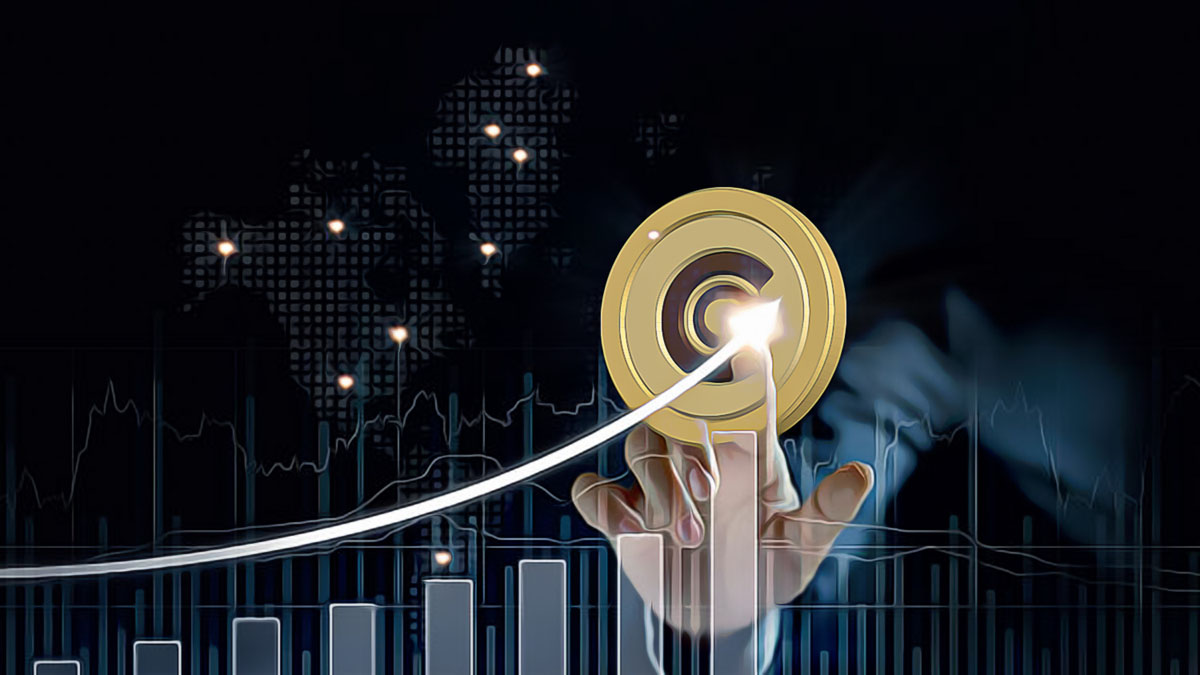
MOST FILIPINOS see inflation rising over the next year and do not expect the pace of price increases to normalize anytime soon, according to a survey by Ipsos.
In its latest Cost of Living Monitor, Ipsos found that 80% of Filipinos see the rate of inflation to rise in the next year.
“While economists point out that inflation — and interest rates — have fallen in many countries, you might assume that consumers should be feeling more positive by now about their own financial situation and more optimistic about where their country’s economy is headed in 2025,” Ipsos Chief Executive Officer Ben Page said.
“In fact, they are the opposite. The legacy of high inflation over the past few years is that an expectation of price rises is now hard-wired into the public consciousness,” he added.
The Philippines’ outcome is also much higher than the 65% overall average across 32 countries.
“This is something that is felt across the board. In 21 of the 32 countries surveyed people are more likely to think prices will rise at a faster rate than they did earlier this year,” Ipsos said.
Most Filipinos think that inflation has yet to normalize, the survey showed, with 28% expecting inflation to never return to normal. On the other hand, 27% see prices normalizing after next year, within the next year (26%), within the next six months (5%), and within the next three months (7%).
Only 6% of respondents said that inflation had already normalized.
Inflation quickened to 2.5% in November from 2.3% in October as food prices rose after a series of typhoons hit the country. In the 11-month period, headline inflation averaged 3.2%.
This year so far, inflation has settled within the 2-4% range, except for the 4.4% spike in July.
The central bank expects inflation to settle at 3.1% this year, 3.2% in 2025 and 3.4% in 2026. However, the Bangko Sentral ng Pilipinas (BSP) has said that the risks to the inflation outlook for next year until 2026 have shifted to the upside.
“While inflation rates are going down, people are not feeling it in the way policy makers and central banks would have hoped,” Ipsos said. “People expect price rises across all areas of spending, from utilities to food.”
Globally, 70% of respondents attribute the state of the global economy as the biggest contributor to the rising cost of living. This is followed by government policies (69%), interest rates (66%), businesses making excessive profits (62%) and the Russia-Ukraine war (58%).
Meanwhile, 75% of Filipinos expect interest rates to rise over the next year.
The BSP began its easing cycle in August this year, delivering a total of 50 basis points (bps) worth of rate cuts so far. This brought the benchmark to 6%.
The Monetary Board could deliver another 25-bp cut at its final policy review of the year on Dec. 19.
“There is often a time lag between inflation rates subsiding and consumer confidence returning. But this time things feel rather different. What we are now seeing in many countries is a rise in the number of people who say they are financially struggling,” according to Ipsos.
The survey also showed that 10% of Filipinos expect their own standard of living to fall over the next 12 months.
In terms of financial management, only 37% of Filipinos are “doing alright.” This is compared to the respondents that said they are “just about getting by” (26%), “finding it quite difficult” (20%), “finding it very difficult” (9%), and “living comfortably” (9%).
Meanwhile, 48% of Filipinos see the economy as being currently in a recession, as far as they are aware. On the other hand, 28% say the opposite while 23% do not know.
TAX CUTS
“Across 32 countries people say they prefer tax cuts even if it means less money for public services, over spending more and paying greater taxes,” Ipsos said.
“However, this masks big differences across countries. Türkiye, Romania and the Philippines back tax cuts, while Indonesia and Sweden want better public services.”
The survey found more than half (52%) of Filipinos prefer that their personal taxes be cut even if it means there will be less government spending on public services.
The survey also found 70% of Filipinos expect the taxes that they pay to rise over the next year.
The Department of Finance has said it does not plan to introduce new taxes this year and potentially until the end of the Marcos administration, apart from those already pending in Congress.
The department’s priority tax measures include the value-added tax on digital service providers, excise taxes on single-use plastics and pickup trucks, the rationalization of the mining fiscal regime, and the motor vehicle road user’s charge, among others. — Luisa Maria Jacinta C. Jocson








Leave a Comment